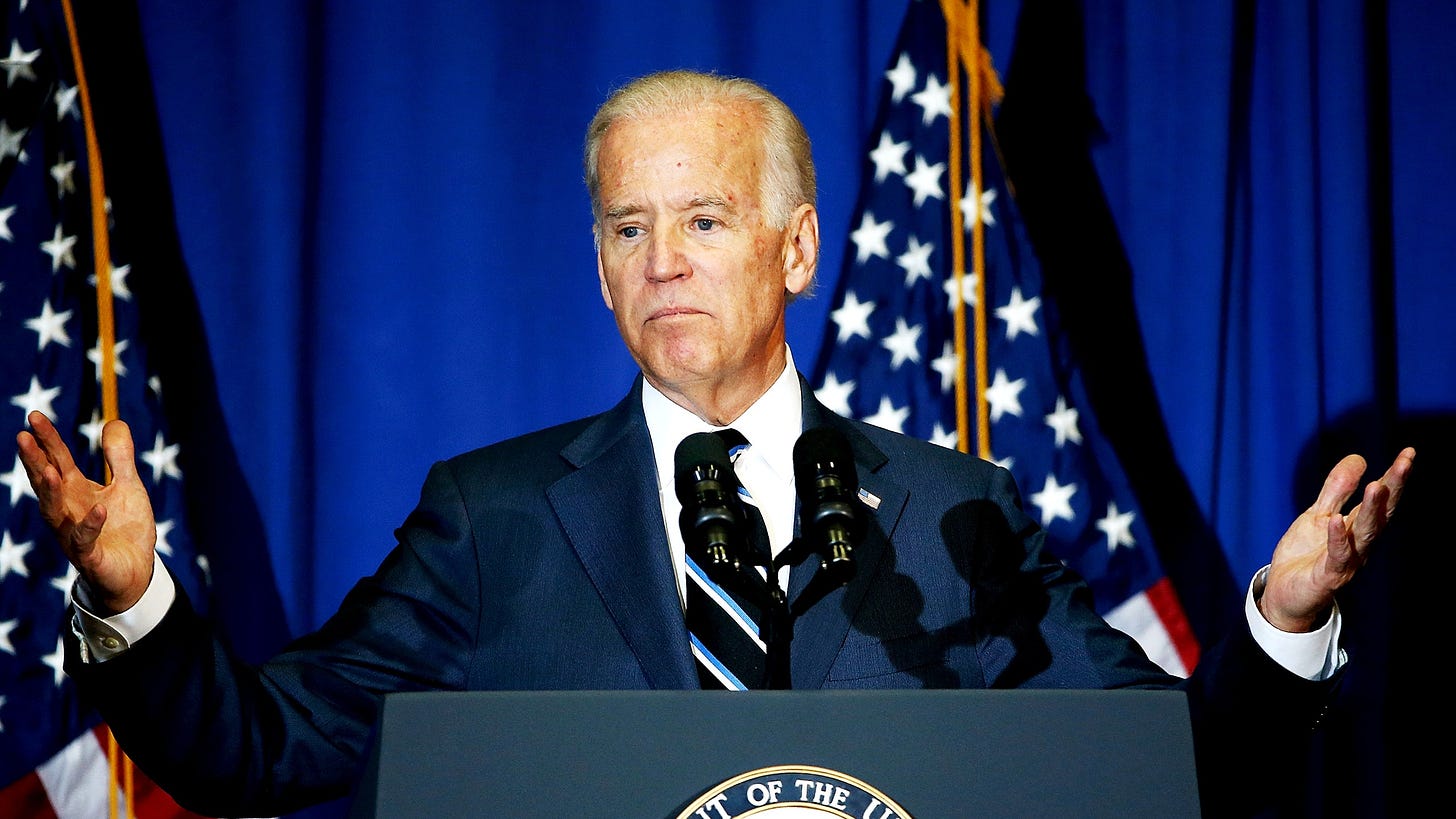The End of Deterrence?
In the post-Afghanistan world, aggressive state actors, like Russia and China, no longer face a truly credible deterrent force.
Deterrence is a simple concept that’s complicated by intersecting real-world realities. At its most basic, it’s a school of thought developed in the wake of the failure of appeasement to avoid WW2. Rather than the Neville Chamberlain route of trying to quench the thirst of aggressive actors by offering concessions, advocates of deterrence argue that the only successful check on aggression is establishing a regional and national understanding that aggressors will face unacceptable costs for aggression.
Costs, for example, are the main reason why great power conflict hasn’t occurred beyond proxy conflicts since the end of WW2. Modern war has become so destructive that not even the victor achieves an end worth the costs they pay. The world’s great powers are limited in how they are willing to confront each other directly because the destructive nature of modern war carries costs that no one is prepared nor likely able to absorb. These unavoidable costs have created a scenario of de facto deterrence against great power conflict. But there are other temptations.
Limited engagements and “cheap victory” tactics are approaches that can allow nations to achieve small, manageable gains through intense but short military conflict. These tactics flip the script of de facto deterrence by suddenly and aggressively achieving limited gains, placing the impetus on other state actors to consider the costs of responding.
Russia demonstrated these very tactics in its annexation of Crimea. No one was able to reverse this aggressive but limited territorial gain. Ukraine did not have the ability to respond. And no other state actors were willing to absorb the costs of attempting to respond militarily.
The aggressive demeanor of states like Russia and China and their willingness to engage in limited engagement and “cheap victory” tactics demonstrates that reliance on de facto deterrence is not enough to maintain peace and stability in the world. Responsible state actors interested in the benefits of a peaceful world order must be prepared to establish their own deterrent effect against aggressive state actors.
Absent costs for limited engagements and “cheap victory” tactics, there is no credible check on aggression. Without state-established deterrence, the future is in the hands of states willing to seize what they want. And the history of global conflict suggests that unchecked aggression should be the concern of all responsible actors. There are two frightening scenarios presented in the last century. First, are limited, regional conflicts that devolve into global war (WW1 scenario). Second, are the growth of aggressors into regional hegemons and empires whose threat to peace and security grow so high they must be faced at deadly cost when earlier intervention would have been far less costly (WW2 scenario).
It isn’t difficult to survey history and understand that shrewd diplomacy combined with credible military deterrence is the best way to preserve peace and prevent war. But America has lost confidence in its national values. It is no longer committed to projecting those values abroad nor discerning the connection between domestic peace and global stability.
And, unfortunately, these are not mere theoretical considerations. As we speak, Russian troops are massing on the Ukrainian border, and the world is watching to see if they truly plan to invade. On paper, America still has the means of a superpower. But, absent a credible policy of deterrence and the resolve to enact it, Russia can consider possible paths towards its own goals of regional dominance without having to consider the costs that otherwise might be imposed by the world’s most powerful military.
America’s uncertainty of itself in the post-Afghanistan world has placed the ball perpetually in the hands of aggressive states. Reconsidering our present posture and commitment isn’t a question of wanting to go to war with Russia, China, or any other aggressor. It’s a question of considering the foreign policies of the past that have worked in avoiding war against those that have enabled far deadlier war in the long run.
A credible policy of deterrence isn’t a policy of war-mongering. Rather it’s a policy that understands avoiding the circumstances of war is a matter of projecting strength rather than weakness. A weak foreign policy committed to peace at any cost will instead find a future determined by nations hostile to American values who are willing to act in their own interest in the vacuum left by an uncertain and fading American nation.




What specifically do you think a better deterrence policy would look like? I agree with you, but I’d like you to give some more detail on strategy and policies we should consider.
I’ve got a few:
- Establish a military presence on Taiwan, both Marine and Navy (station destroyers, LCS, and perhaps frigates there). Assuming their consent of course.
- Increase the size and effectiveness of the Navy. Distributed operations and greater integration with the Marine Corps. Greater Naval presence in the world.
- Increased partnerships with allies. We may not be willing to have WWIII for Ukraine but we can give them more advanced weaponry. (Harden the target as in the case with Taiwan.)
- Increase the size of the survivable leg of the nuclear triad.
- put the breaks on the shift to completely networked/smart (ie hackable) weaponry and platforms. Dumb platforms can’t be hacked.
- In general, MAD deterrence isn’t appropriate for these low-level, quick attacks like Crimea. Focusing on hardening the targets (increasing the cost for the aggressor) rather than MAD will be more useful. Instead of arming Taiwan to the point where they’d win an all-out war with China (likely impossible), we can get them to the point where it’s painful enough that China won’t bother. Ditto Russia and Ukraine.